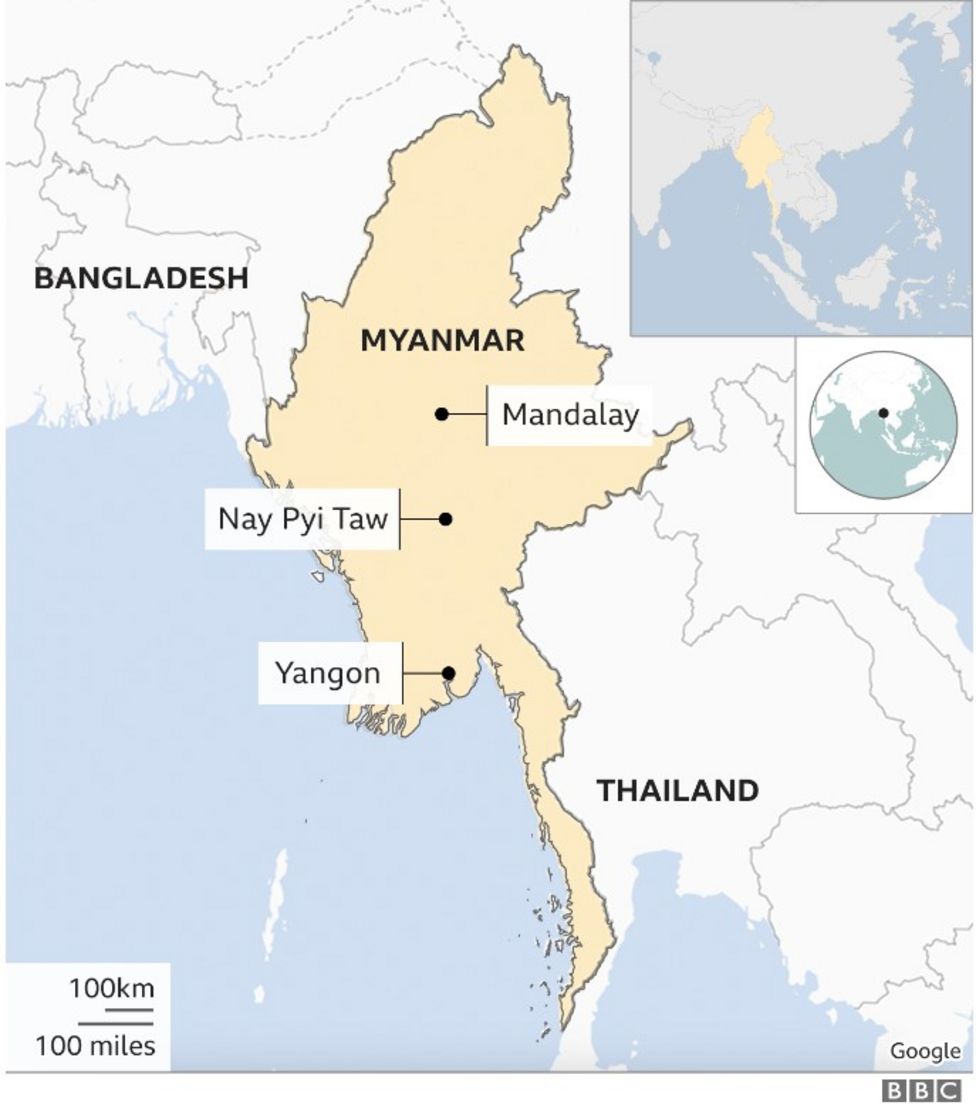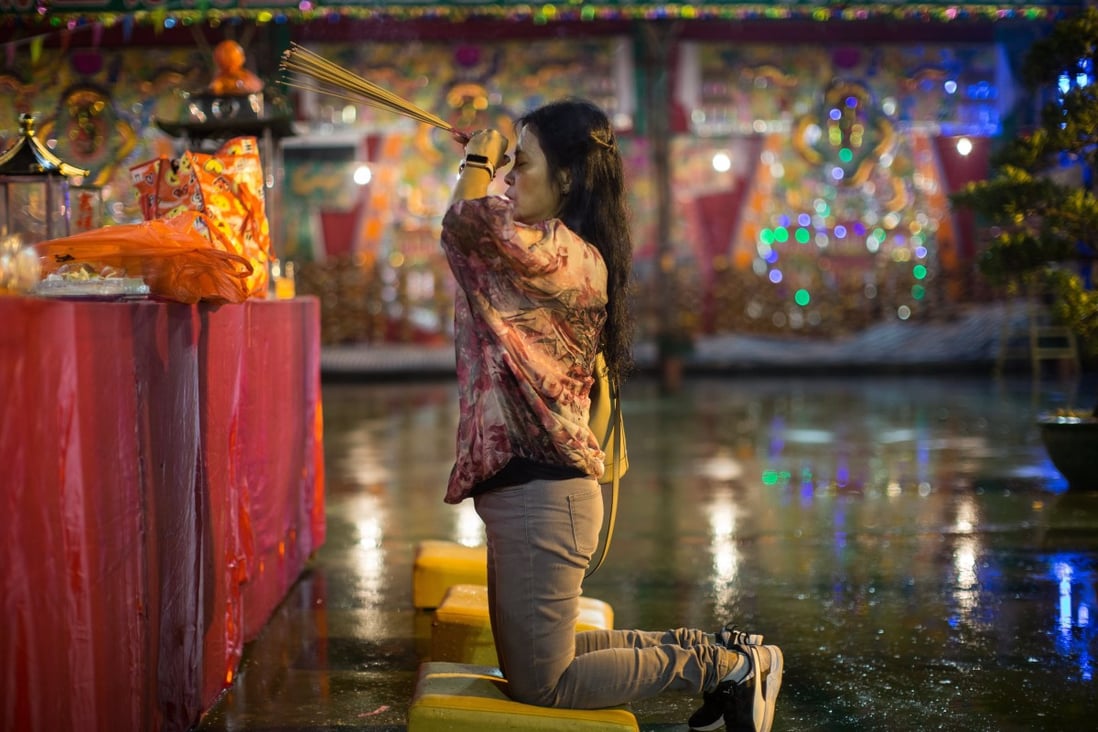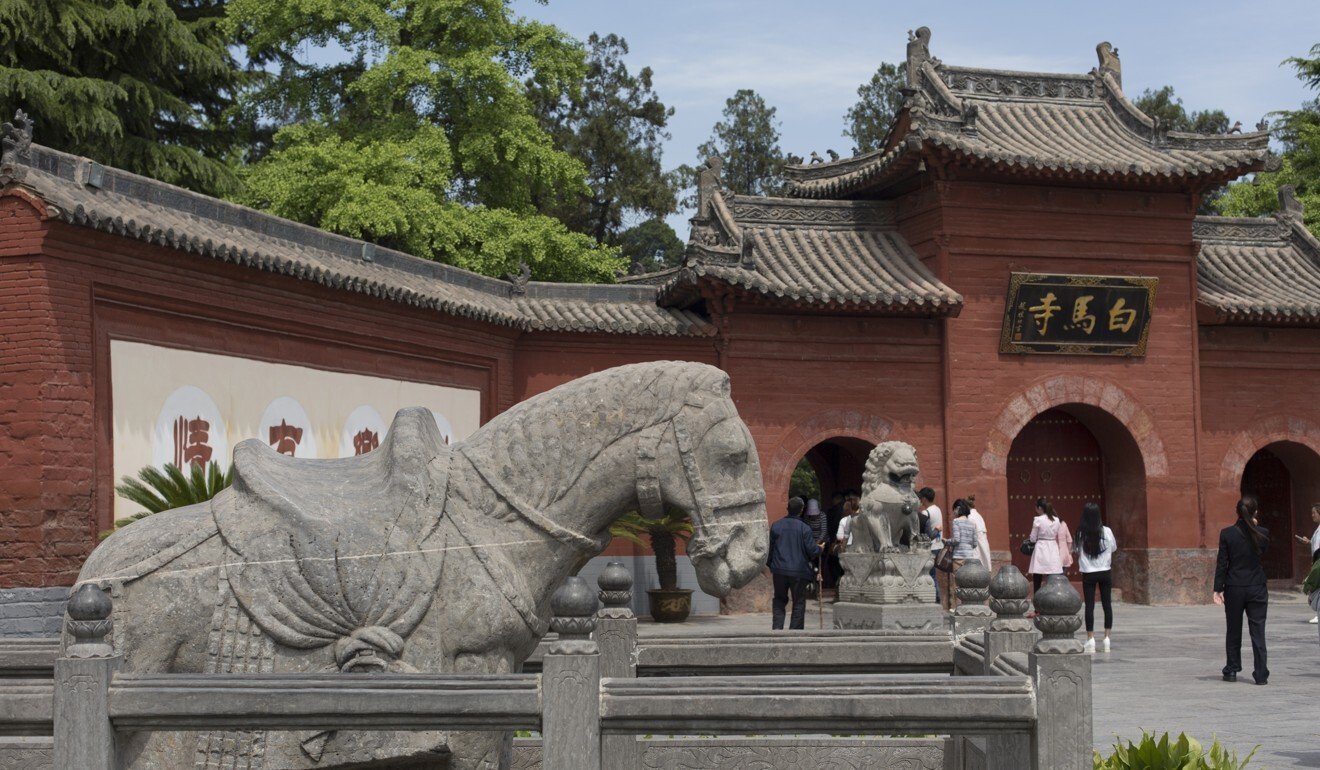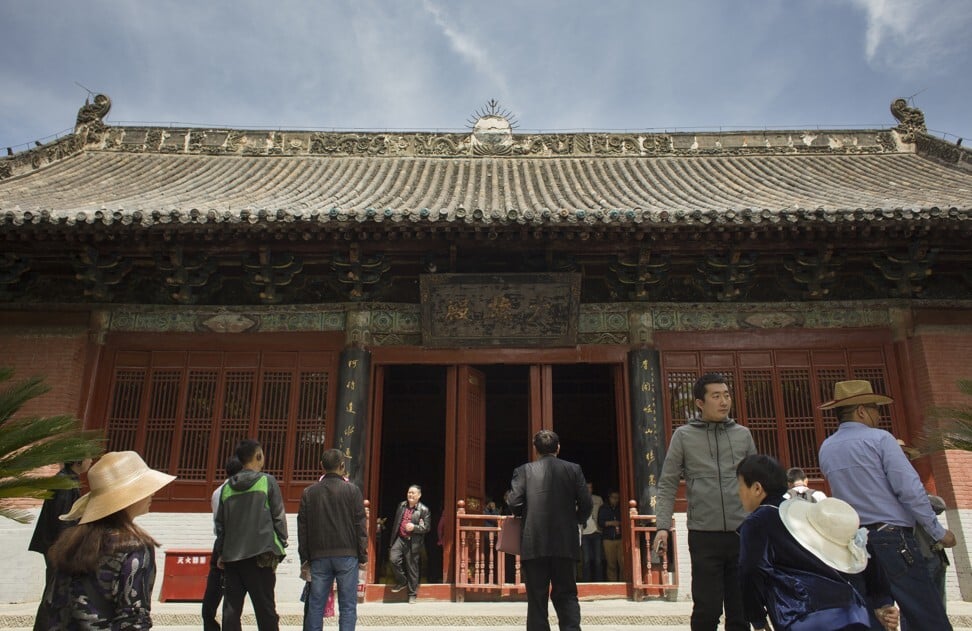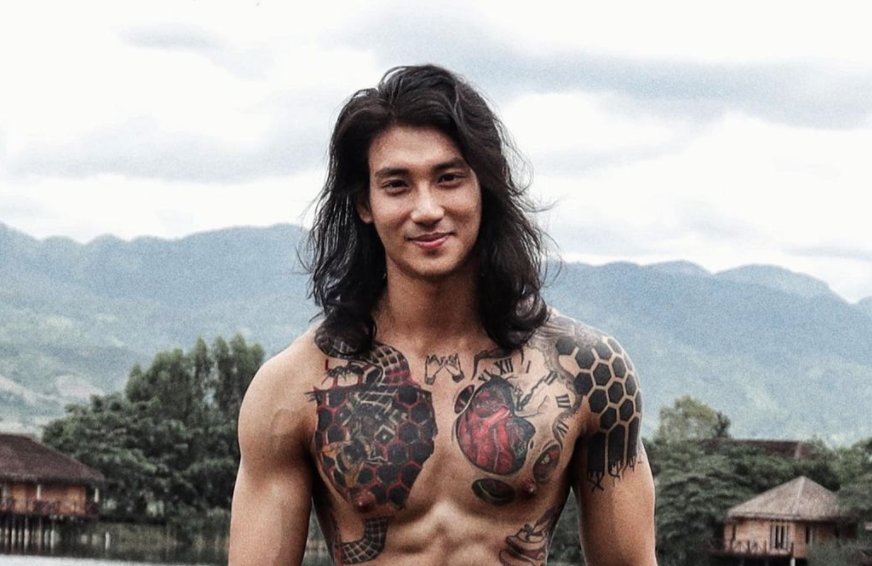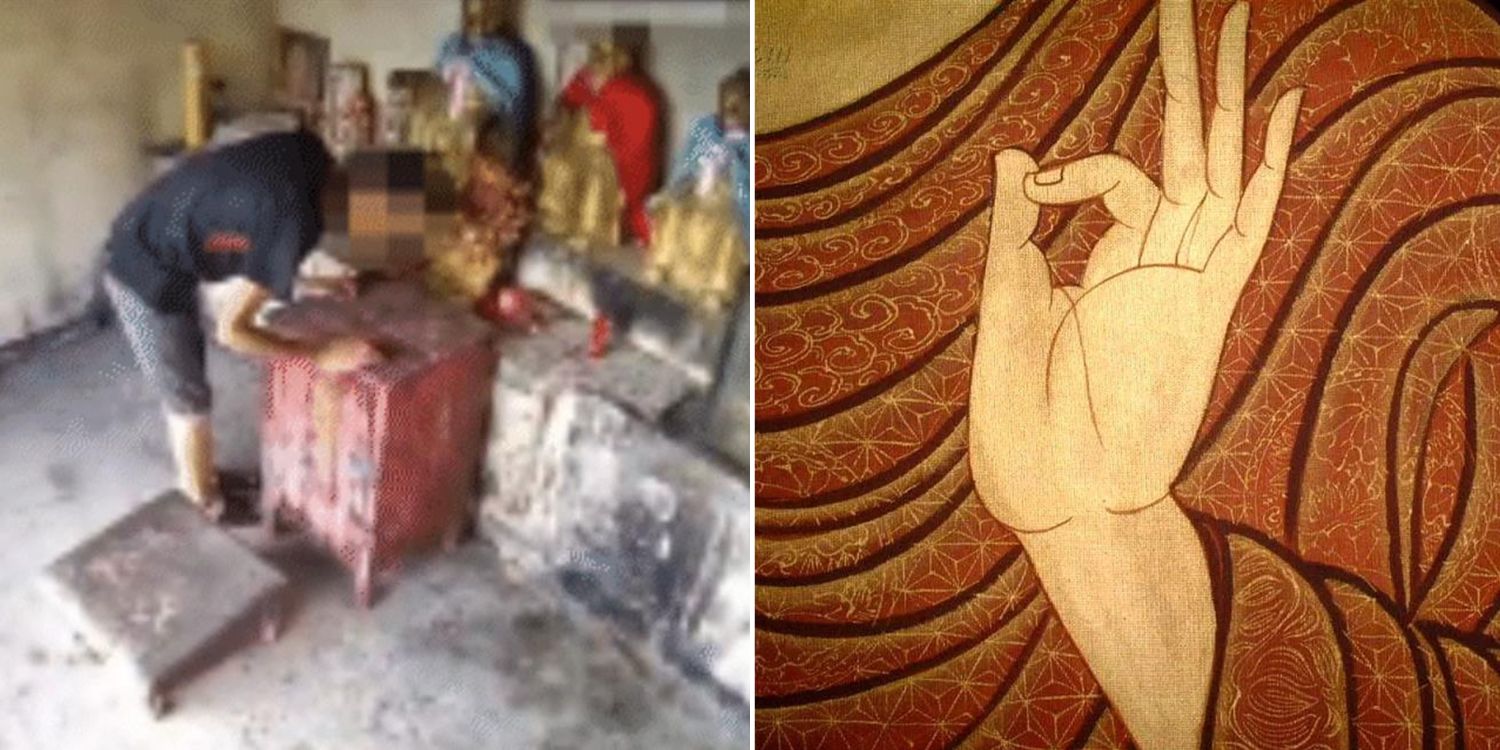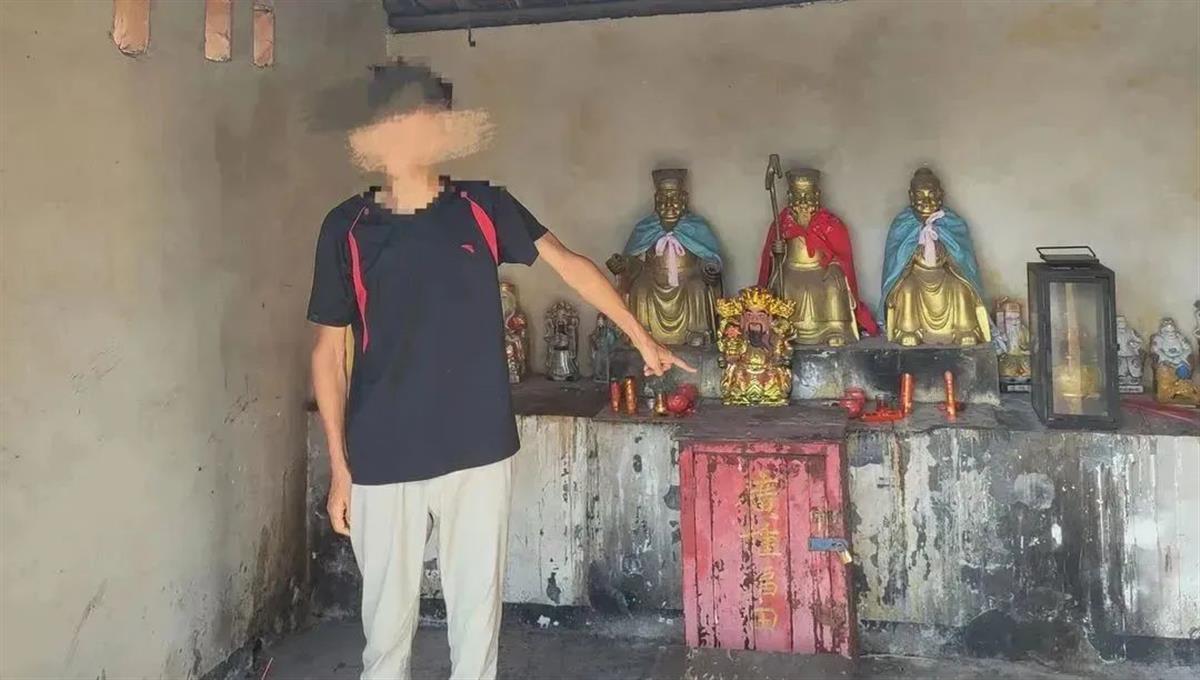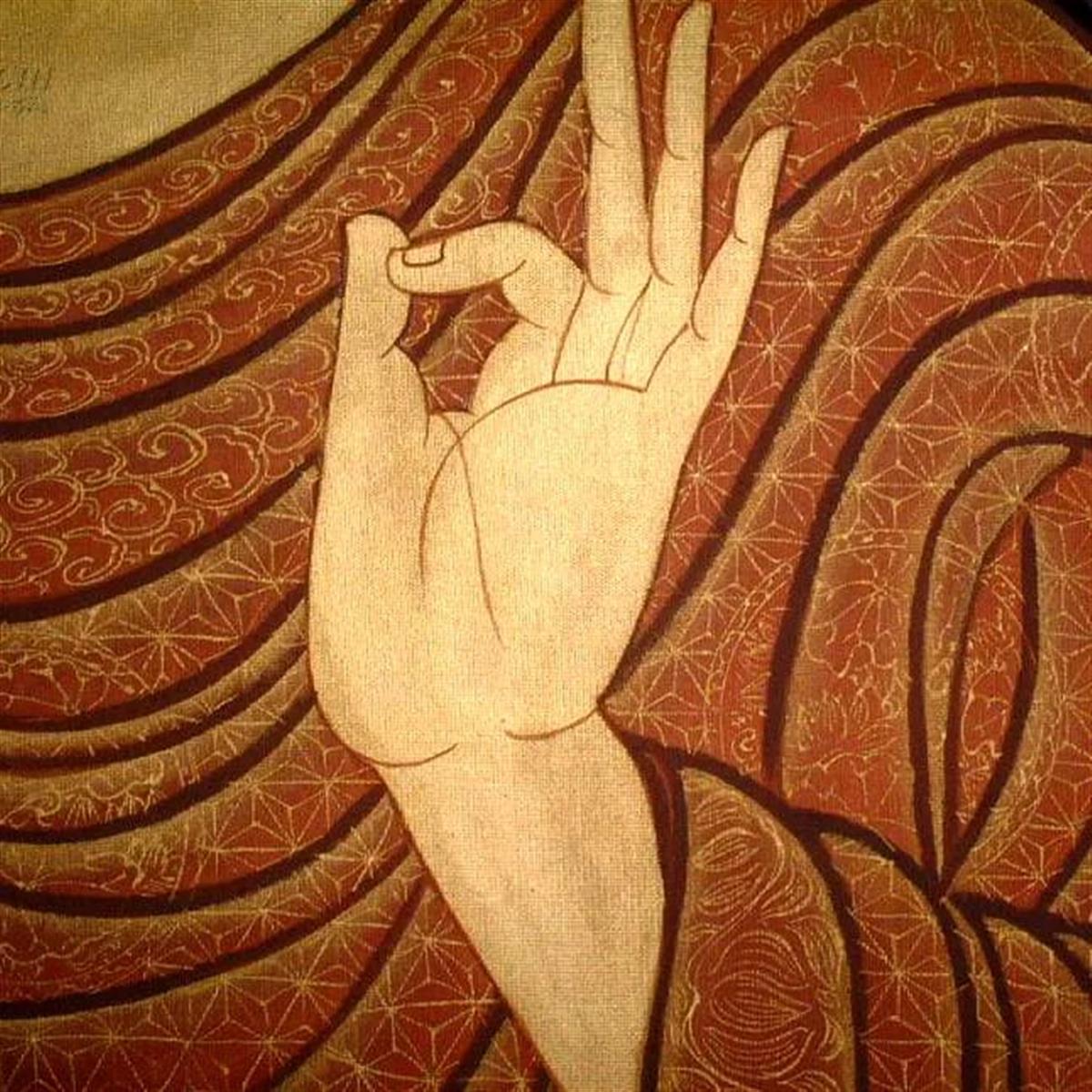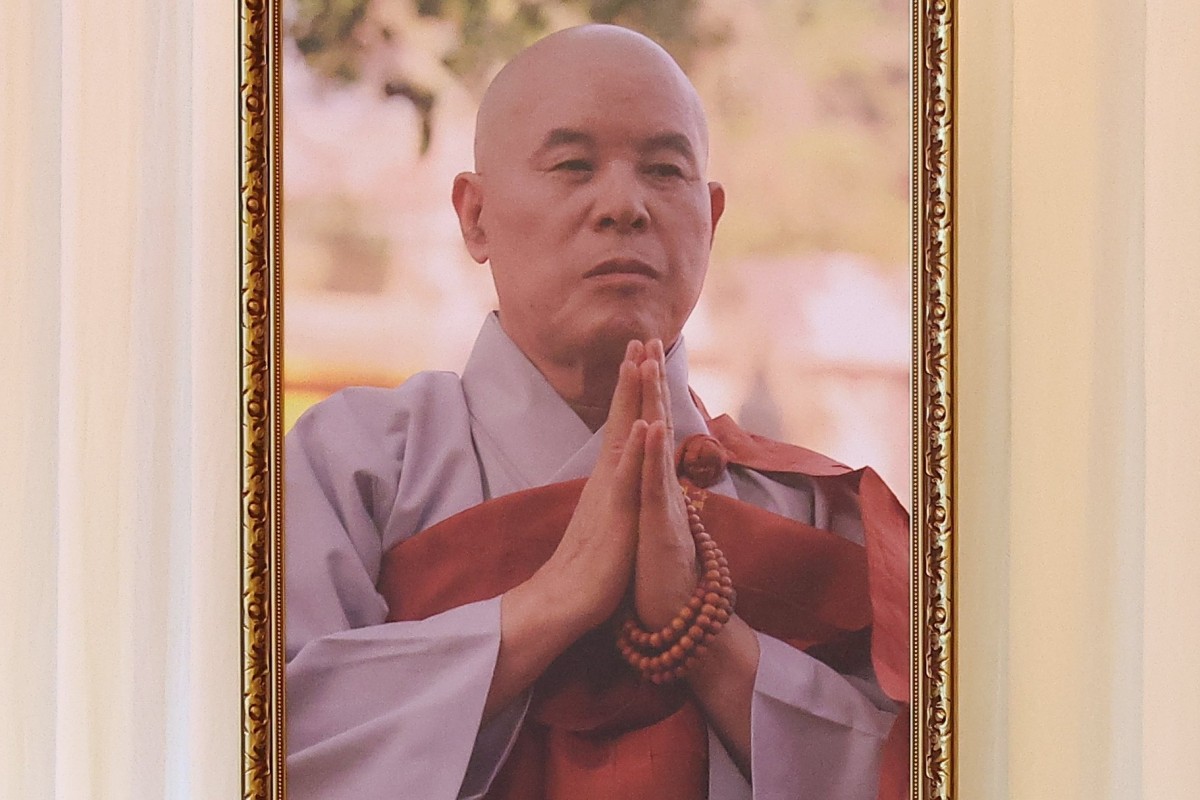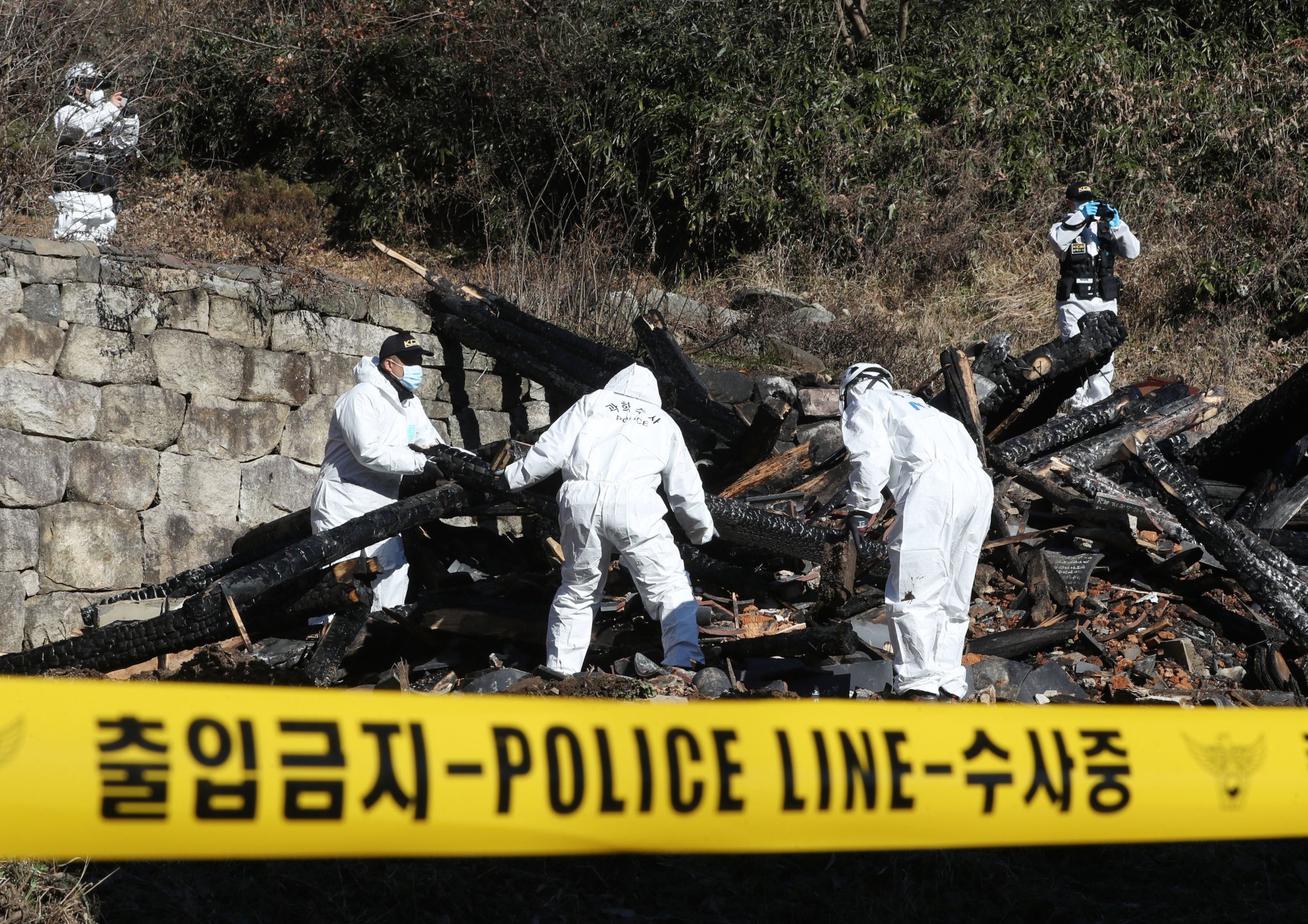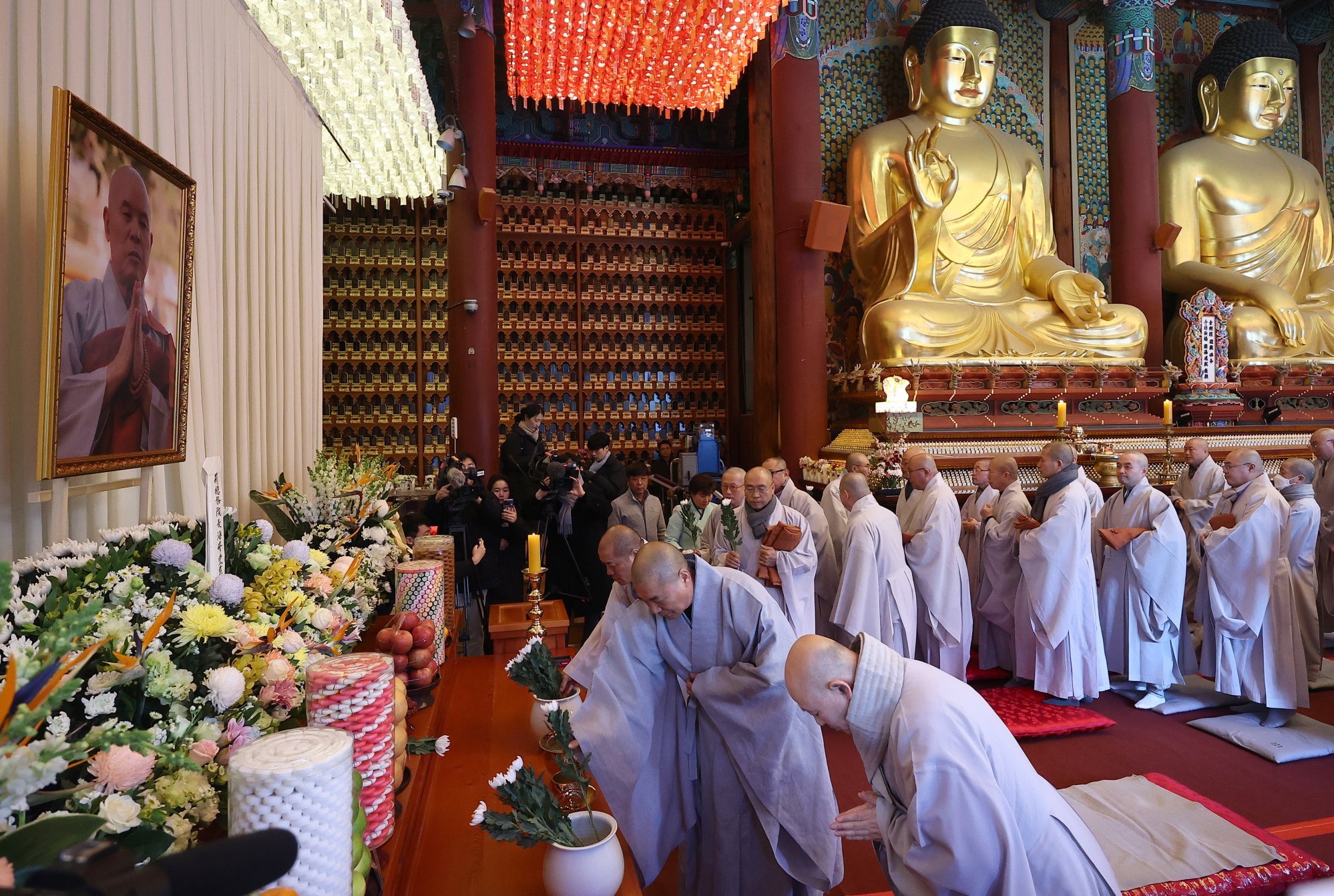Tibetans Explain What ‘Suck My Tongue’ Means. It’s Not What You Think.
“It seems that many people, forced into an environment of e-connections, have completely forgotten what human connection means.”
By Pallavi Pundir
JAKARTA, ID
April 14, 2023, 5:42am
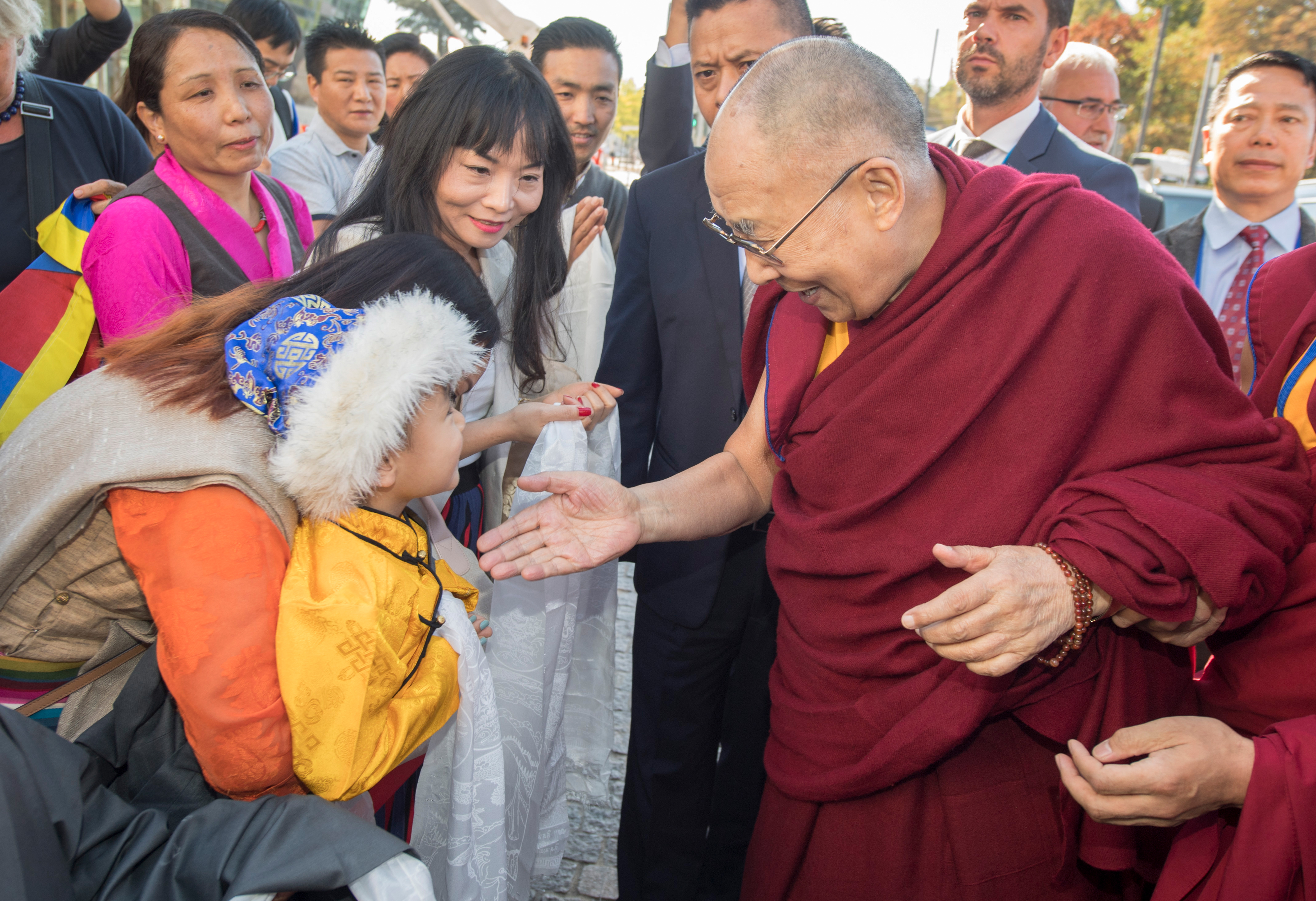
OLD INTERVIEWS OF THE DALAI LAMA QUOTES HIM AS SAYING THAT HE STARTED LEARNING ENGLISH AT THE AGE OF 48, AND THAT HIS BROKEN ENGLISH OFTEN LEADS TO HUMOROUS MOMENTS. PHOTO: BORIS ROESSLER/PICTURE ALLIANCE VIA GETTY IMAGES
The viral video showing the Dalai Lama asking a kid to “suck” his tongue—and the subsequent public outrage—has led to hundreds of Tibetans to come out and tell the world: It’s not what it sounds like.
Over the weekend, an edited video of a Feb. 28 interaction between the 87-year-old spiritual leader and an Indian boy went viral, leaving many of the 6.7 million Tibetans across the world in distress and shock over the way their language and culture were misinterpreted.
In the video, the boy is seen asking the Dalai Lama for a hug, following which the leader blessed him, asked him to kiss him and stuck out his tongue saying, “Suck my tongue.” People across the world are blaming the Nobel Peace Prize-winning leader for behaving inappropriately, and even being a paedophile.
Tibetans told VICE World News that the meaning of this common expression used to tease and teach children is completely lost in cultural interpretation and its English translation. The correct phrase in Tibetan for this joke is “Che le sa”, which roughly translates to “Eat my tongue.” English is the Dalai Lama’s second language and Indian news outlets have previously reported that the leader speaks in broken English at public events.
In 2000, the Dalai Lama was quoted by The Indian Express as saying that he started to learn English at the age of 48. “Broken English helps me communicate better and creates laughter when I make mistakes,” he is quoted as saying.
In a Youtube video, Jigme Ugen, a second-generation Tibetan refugee living in the U.S., explains how this display of affection was born out of a game played between the Tibetan elderly and children. Kids who go up to their grandfather, for instance, are asked to kiss their grandfather’s forehead, touch their noses and kiss them.
“Then [the grandfather] says that I’ve given you everything so the only thing left is for you to eat my tongue,” Ugen said. “The child probably never gets the candy or money but gets a beautiful lesson about life, love and family.”
“It seems that many people in these turbulent times being forced into an environment where we’re meeting people virtually and making e-connections, have completely forgotten what human connection means,” Ugen added in the video.
Tsering Kyi, a U.S.-based Tibetan journalist, told VICE World News that in Tibetan culture sticking out the tongue is a “sign of respect or agreement” which goes back to the legend around a cruel 9th century king, Lang Dharma, who had a black tongue.
“Since then, people have shown their tongue as a way of saying that they are not like Lang Dharma,” she said.
“It’s a sign of blessing,” she added. “When a kid wants to hug an elderly man, the old man complies, and then gives a kiss as a grandfather or a father would, and plays with the kid.”
Kaysang, who goes by one name and is a Tibetan feminist educator in India, told VICE World News that “suck my tongue” in Tibetan is also a game for the elders to deter cheeky kids from pestering them.
“The word ‘suck’ in the Tibetan language is ‘jhip’, and this is not a word that is sexualised in our culture,” she said.
Kaysang works on the prevention of child sexual abuse in the Tibetan and Himalayan communities and said that it’s “distressing” to see an innocent expression in their culture being equated with act of pedophilia.
The Dalai Lama retired as the political head of his exiled government in 2011 but remains the spiritual leader for 6.7 million Tibetans worldwide and a symbol of their struggle. His work spanning several decades involves drawing global support for the linguistic and cultural autonomy of his remote, mountainous homeland, which was annexed by China in 1951. In 1989, he won the Nobel Peace Prize.
“He’s the only reason that the world has given our struggle any weight,” Kaysang said. “Without him, all these mindfulness and meditation apps and Tibetan Buddhist culture being commodified and sold wouldn’t exist.”
“This is not just a religious guru we‘re protecting. He’s the reason for our very existence that we so desperately want the world to see through our eyes.”
VICE World News did not get a response from the child’s family, who run the M3M Foundation that organised the Feb. 28 meet-and-greet in Dharamshala, the Indian city that is the seat of the Dalai Lama’s government in exile. But in an interview clip released by Voice of Tibet, a Dharamshala-based media outlet that live streamed the event too, when the reporter asks the boy how it feels to be hugged by the Dalai Lama, he said it was an “amazing” experience meeting the Dalai Lama and that he experienced “high positive energy” from the interaction.
Shenpenn Khymsar, a Tibetan filmmaker and music composer, told VICE World News that there are immense geopolitical repercussions of the misinterpretation of that video.
“Everybody knows China is behind this,” he said, without giving any evidence that China was involved.
At a press conference on Thursday in Delhi, Penpa Tsering, a political leader of the exiled Tibetan government, said their investigations showed “pro-Chinese sources” being involved in making the video go viral. “The political angle of this incident cannot be ignored,” he said.
Tibetan human rights groups have previously documented online campaigns aiming to discredit the Dalai Lama and paint occupied Tibet as a “contented and idyllic Chinese province.”
The most prominent campaign is called the 50 Cent Party, internet commentators who are paid “wu mao,” or 50 U.S. cents, by Chinese authorities to post pro-China messaging. In 2020, this army was linked to 7,000 troll attacks and over 50,000 comments at a Geneva forum run by the Tibetan parliament-in-exile. The session was on the persecution of religious minorities—Tibetan Buddhists, Uighur Muslims, Christians and Falun Gong practitioners—in regions under Chinese control.
In his YouTube video, Ugen linked the virality to a significant development last month where the Dalai Lama named a Mongolia-born American boy as the third highest spiritual leader in Tibetan Buddhism. China has consistently asserted its role in choosing the next Dalai Lama, and to have this position enshrined in Chinese law.
“The ceremony shook them to speculate that the now-retired Dalai Lama still continues to remain a political religious force to reckon with across Buddhist nations including Tibet,” said Ugen. “The video surfaced literally a week after this ceremony. The timing was, once again, like clockwork to sway the public’s opinion about Tibet and His Holiness.”
Ugen said that the “horrifying” accusations by trolls, media and influencers are “clearly led and paid” for by China.
“[China] has successfully weaponized social media at an unprecedented scale,” he said. “The most successful propaganda is the one that doesn’t pose as such.”





 Reply With Quote
Reply With Quote

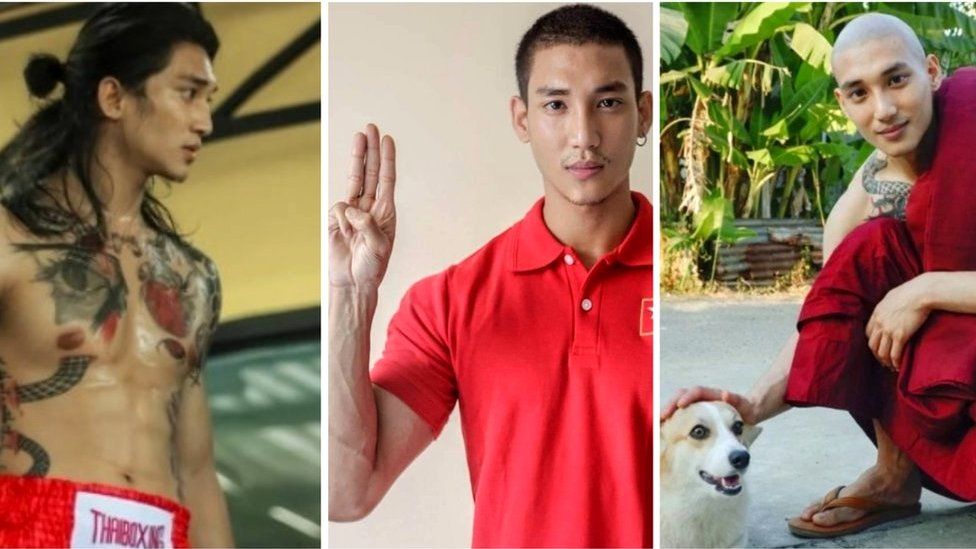
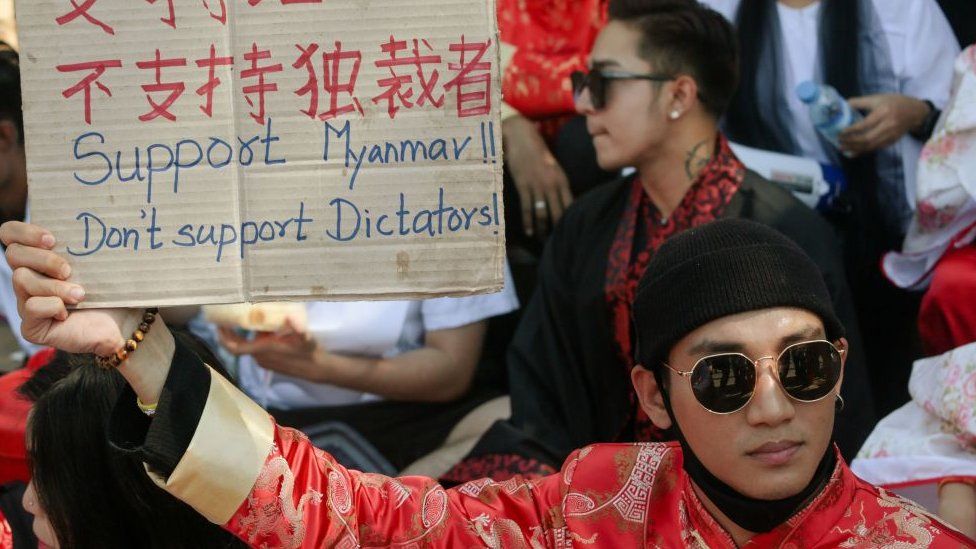 AFP
AFP